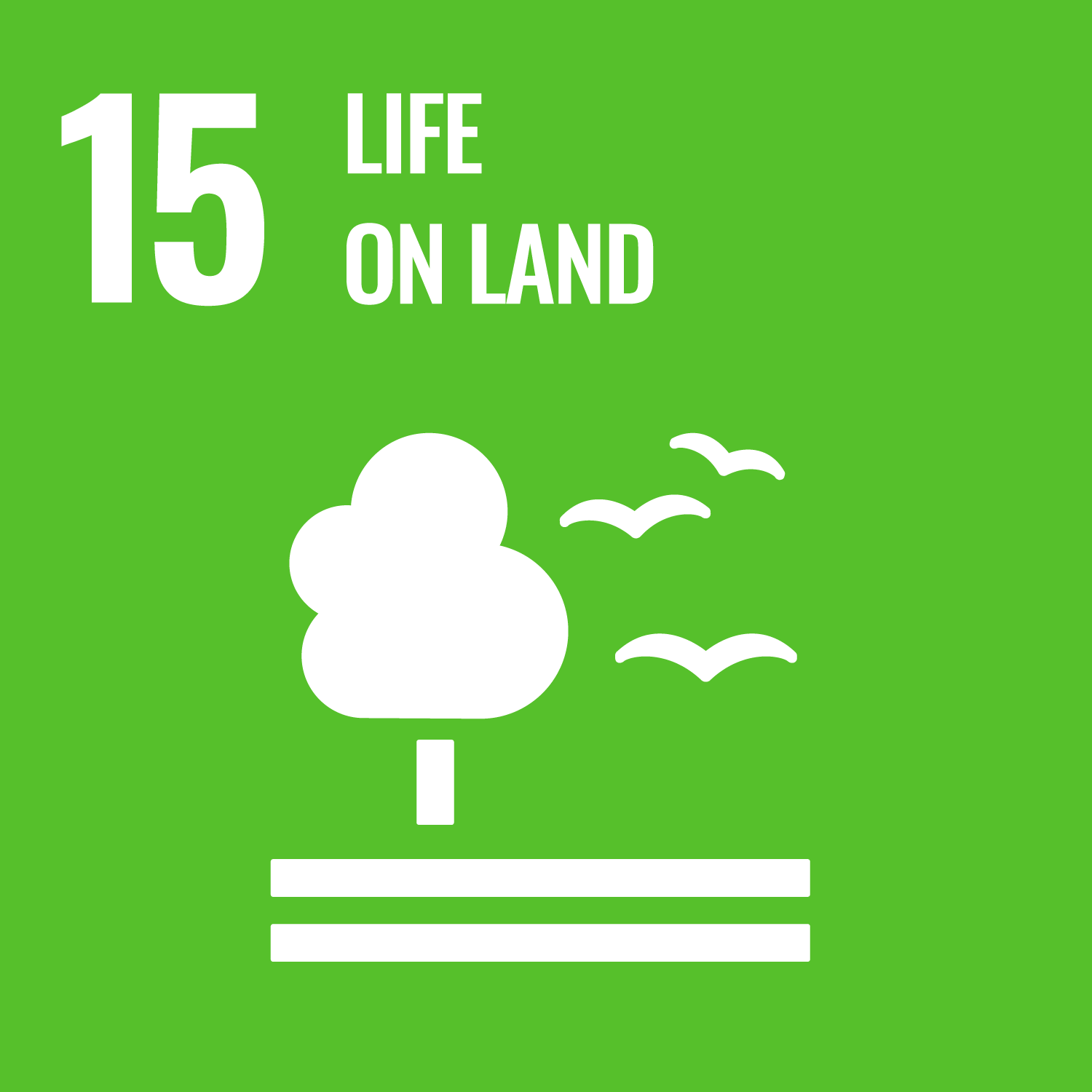ORCID
- Jason M. Hall-Spencer: 0000-0002-6915-2518
Abstract
Global marine conservation remains fractured by an imbalance in research efforts and policy actions, limiting progression towards sustainability. Rhodolith beds represent a prime example, as they have ecological importance on a global scale, provide a wealth of ecosystem functions and services, including biodiversity provision and potential climate change mitigation, but remain disproportionately understudied, compared to other coastal ecosystems (tropical coral reefs, kelp forests, mangroves, seagrasses). Although rhodolith beds have gained some recognition, as important and sensitive habitats at national/regional levels during the last decade, there is still a notable lack of information and, consequently, specific conservation efforts. We argue that the lack of information about these habitats, and the significant ecosystem services they provide, is hindering the development of effective conservation measures and limiting wider marine conservation success. This is becoming a pressing issue, considering the multiple severe pressures and threats these habitats are exposed to (e.g., pollution, fishing activities, climate change), which may lead to an erosion of their ecological function and ecosystem services. By synthesizing the current knowledge, we provide arguments to highlight the importance and urgency of levelling-up research efforts focused on rhodolith beds, combating rhodolith bed degradation and avoiding the loss of associated biodiversity, thus ensuring the sustainability of future conservation programs.
DOI Link
Publication Date
2023-09-20
Publication Title
Science of the Total Environment
ISSN
0048-9697
Acceptance Date
2023-06-09
Deposit Date
2023-06-17
Embargo Period
2024-06-11
Recommended Citation
Tuya, F., Schubert, N., Aguirre, J., Basso, D., Bastos, E., Berchez, F., Bernardino, A., Bosch, N., Burdett, H., Espino, F., Fernández-Gárcia, C., Francini-Filho, R., Gagnon, P., Hall-Spencer, J., Haroun, R., Hofmann, L., Horta, P., Kamenos, N., Le, G., Magris, R., Martin, S., Nelson, W., Neves, P., Olivé, I., Otero-Ferrer, F., Peña, V., Pereira-Filho, G., Ragazzola, F., Rebelo, A., Ribeiro, C., Rinde, E., Schoenrock, K., Silva, J., Sissini, M., & Tâmega, F. (2023) 'Levelling-up rhodolith-bed science to address global-scale conservation challenges', Science of the Total Environment, . Available at: 10.1016/j.scitotenv.2023.164818





